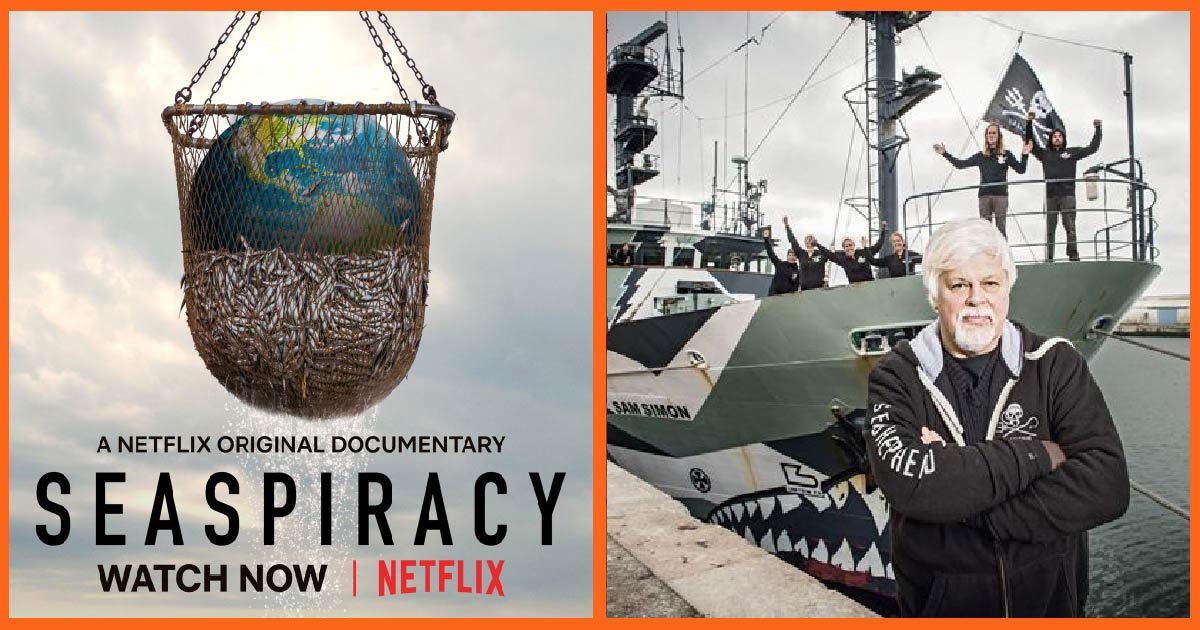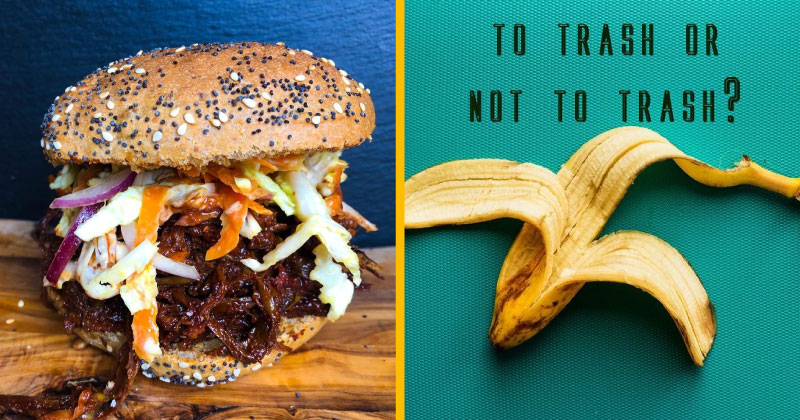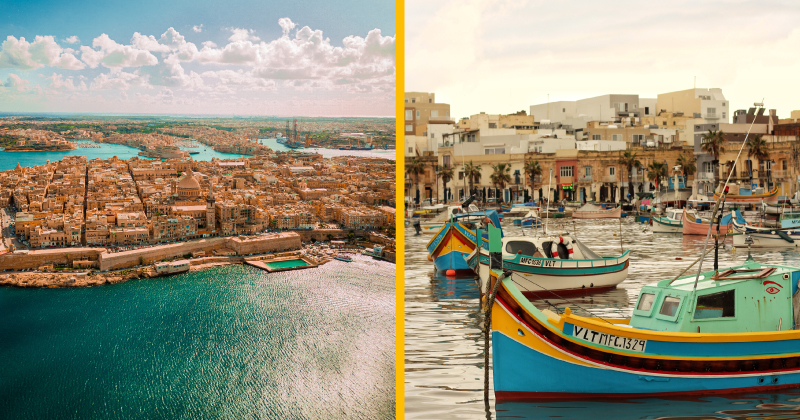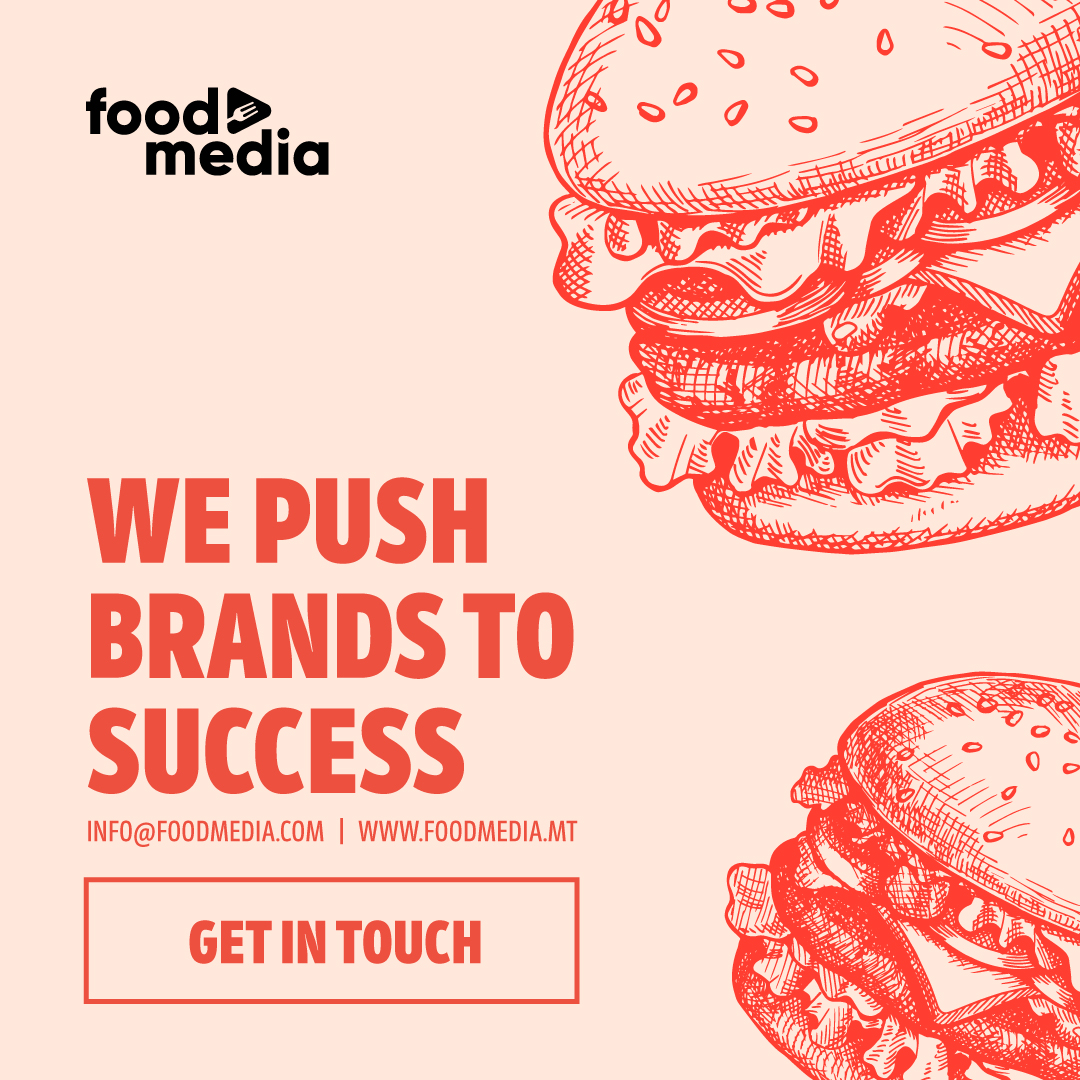Seaspiracy: This Netflix Documentary is taking the world by storm! 🌊

What is Seaspiracy? 👀
A new documentary has got people thinking. Seaspiracy was released on Netflix on the 24th of March, and when I first saw the name, I thought, "Oh, great, conspiracy theories about the sea". I wasn't interested at all, but then I started seeing a bunch of positive reviews and hearing about how good it is from friends, so I decided to give it a go. 🤷
What's it about?
This documentary is directed by Ali Tabrizi, a filmmaker who is super passionate about marine life and anything that has to do with oceans. He travels around the globe to discover the effects of plastic and other factors on marine life, and he discovers some shocking truths in the meantime. 💔
What does it have to do with food?
If you have not watched this documentary yet, you might be asking, "why are the FoodBlog folks writing about a documentary on our oceans?". It seems that food has everything to do with it. 😳
At the beginning of the documentary, the spotlight is on what we all hear about every single day: the detrimental effects of single-use plastics, especially plastic straws (all very common in take-away food). However, straws only make up 0.03% of the marine pollution. The biggest problem - what is polluting our seas the most and harming an astonishing amount of marine life in the process - are fishing nets. You don't see any NGOs or other companies mentioning those, though, do you? That's because they're all connected. 🔗
The Real Problem ...
Fishing nets are used for, well, fishing, and some of the NGOs who are not mentioning fishing nets seem to be connected to the fishing industry. In this documentary, we learn some important stuff related to food:
- Food labels marked as 'sustainable' may not be sustainable at all.
- A number of other marine life, including dolphins and turtles, are killed when they are 'accidentally' caught while fishermen are trying to catch a specific species of fish (aka bycatch).
- Dolphins are ruthlessly murdered in Taiji to eliminate competition for the fishing industry.
- Labels marking food products as 'dolphin safe' (meaning that dolphins were not harmed or killed as a result of bycatch), cannot guarantee what they are stating.
- There's a bunch of illegal fishing for blue-fin tuna going on.
- Sharks are slaughtered in massively large quantities just for their fins (to make shark fin soup).
- Fish farms may still be "wild fishing in disguise" and millions of salmon are dying in fish farms from lice infestations, anaemia, and heart disease. They are also fed a chemical to give the salmon its pink colour!
- The fishing industry in Thailand is characterised by unpaid slave labour.
Then Commissioner for the Environment, Maritime Affairs and Fisheries, Karmenu Vella, a Maltese politician was also interviewed about sustainable fishing. 🌊
So, what can we do?
You might feel a little helpless towards such a massive problem that is happening around the globe. I know I do. I mean, if the organisations and governments that are telling us that they are doing their best to help our oceans are not doing much, or they are just plain lying to us, how can we, sitting at home, help with this problem? 🤔
According to Ali and most of the experts that he spoke to in this documentary, including Sylvia Earle, the only solution is to leave our oceans and the marine life in it alone. This means that we extensively reduce or entirely stop consuming fish. Obviously not everyone agrees with this, but that seems to be the only solution to this problem, since there is no control on the massive and powerful fishing industry. ⚓
What do you make of this series?
I can go on forever about this documentary, but I suggest that you watch it and see what is going on for yourself. A number of organisations have criticised the documentary and said that the filmmakers only showed a select-few comments from the actual interviews to support their own agenda. What do you make of this? Let us know what you think about this documentary in the comments below. 👇









Comments